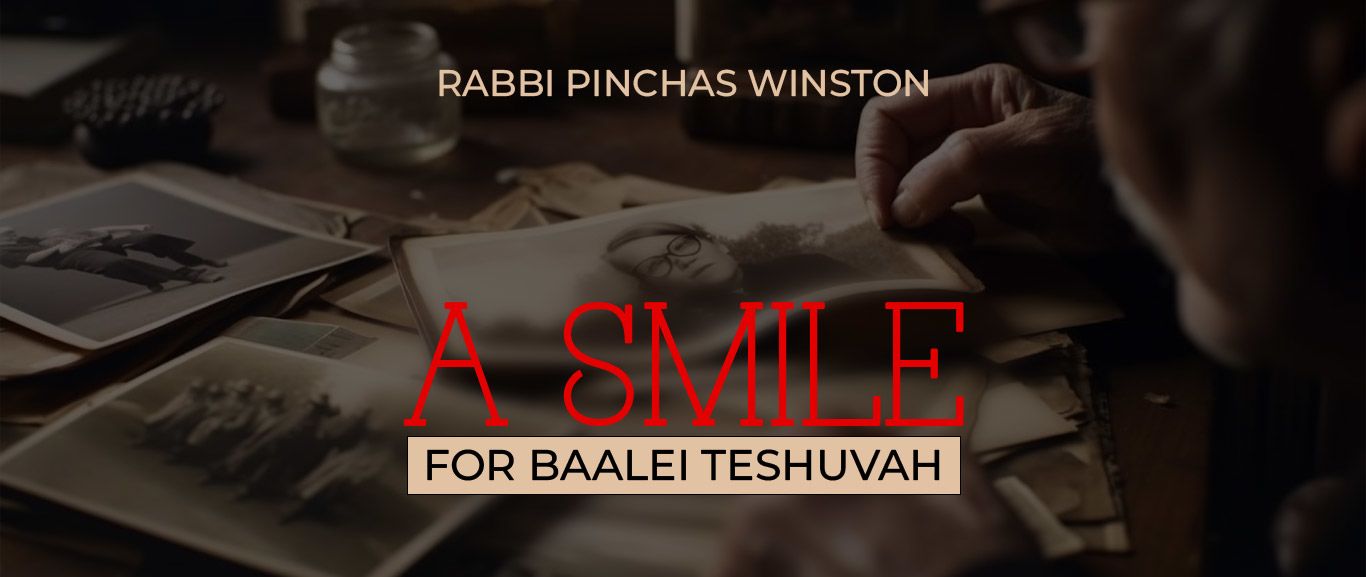
Tetzaveh: A Smile for Baalei Teshuva
For Baalei Teshuva, something always remains behind. Often, they are unconscious memories that surface when an event triggers the memory. Nonetheless, there is plenty for the baal teshuvah to smile about!

כ וְאַתָּ֞ה תְּצַוֶּ֣ה | אֶת־בְּנֵ֣י יִשְׂרָאֵ֗ל וְיִקְח֨וּ אֵלֶ֜יךָ שֶׁ֣מֶן זַ֥יִת זָ֛ךְ כָּתִ֖ית לַמָּא֑וֹר לְהַֽעֲלֹ֥ת נֵ֖ר תָּמִֽיד
And you will command the Children of Israel that they shall take for you clear olive oil. (Shemot 27:20)
CLEAR: Without sediments, as learned in Menachos (86a), “He leaves it to ripen at the top of the olive tree . . .” (Rashi)
In other words, Rashi is explaining that it is not enough that the oil not have sediments by the time it is to be used for the Menorah, but it must be oil that never had sediments in it from the beginning.
As the Mishnah explains, the olive tree is harvested three times a year. The first harvesting time was for the olives at the top of the tree that ripened the quickest. The second harvest was of the olives from the middle branches which received less sunlight, and the third harvest was of the olives from the lowest branches that never receive full sunlight and only complete their ripening process after harvesting.
Oil was extracted from the olives of each harvest through three methods: crushed in a mortar, pressed with a beam, and finally, ground with millstones. However, only the oil that was crushed in a mortar produced the clear oil to which Rashi refers.
The question arises: What difference does it make if the oil once contained sediments, as long as it is perfectly clear when used in the Menorah?
There are many lessons that can be learned from this halachic detail, but one that I can personally appreciate has to do with the difference between being what is formally called a “Ba’al Teshuvah” (BT), someone who has “returned” to his or her Torah roots, and someone who is born “frum from birth,” that is, someone who was born into them.
Both terms are inaccurate. For, the word “ba’al” implies the process has been completed, and the process of returning to Torah is an ongoing and dynamic one. That is why many prefer to the term, “Chozer b’Teshuvah,” which implies the person is in the process of returning, no matter how observant they have already become.
Likewise, no one is ever born “frum from birth,” even though they have been born into a frum, that is, religious home. Being Torah observant is a matter of learning Torah and performing mitzvot, neither of which are relevant to a newborn baby. It also implies choosing to learn Torah and mitzvot, something that certainly isn’t relevant until the child is much older.
However, having clarified this point, there is still a very distinct difference between the two types of Jews, a difference that brings with it pros and cons.
More than likely, a Jew who has lived in the secular world has partaken of things that, according to the Torah, are prohibited. Kedushah (holiness), the foundation of Torah, is rarely, if at all, a priority for a non-religious Jew. And, as Rashi points out at the beginning of Parashat Kedoshim, it is the need for kedushah that usually builds the fences between that which is permissible by Torah and that which is not.
Thus, the moment that a Jew has “woken” up to the relevance of Torah to his or her life, he or she is like olive oil filled with sediment. It usually takes some serious teshuvah to “filter” out those sediments, so that the Chozer b’Teshuvah can “normalize” from a Torah perspective, inside and outside.
However, as only Chozer b’Teshuvah will tell you, even after such purification processes have been performed and the sediment seems to have been removed, something always seems to remain behind. Sometimes they remain as unconscious memories, liable to surface when a specific event occurs that triggers the memory.
Sometimes, the memory might even be what psychologists call a “live memory,” one that when triggered also draws up emotions from the past as well. When that happens, a Chozer b’Teshuvah might even find himself undergoing a psychological and emotional test he thought he left behind years ago, maybe even decades ago, much to his chagrin.
As one Chozer b’Teshuvah put it, “Even though it had been years since I had seen the movie, and I had no desire to see it again, or any movie for that matter, for reasons I can’t even explain, I saw a scene from it in my mind one day while learning Talmud in yeshivah. I had been tired and had spaced out for a moment, until I realized what was playing in my mind. When I woke myself from my trance, I was embarrassed slightly, though my chavrusah (study partner) had no idea what I had been thinking about. I thought to myself, ‘You mean that stuff is still a part of me now, after all these years of learning and doing teshuvah?’ It was one of many such frustrating moments.”
Is there no hope for the Chozer b’Teshuvah? Is he or she doomed to be a product of his or her less-than-desirable past, at least in this world?
In the meantime, we can better appreciate why the olive oil used in the holy Menorah be pure from the start. The light of the Menorah represents Torah, particularly the Oral Law, the bulk of the learning that goes on in the yeshivah world. A lack of purity cannot only distract a person from learning Torah, but it can also distort the Torah they learn.
Thus, it is an amazing blessing to be born into a religious environment (something that did not happen for me). There is a certain purity, assuming that the religious family is “normal” by Torah standards, that is enviable. The “sediment” that the average secular Jew comes back to Torah with, can be a real burden and challenge to eradicate. Sometimes, for some “Chozrei b’Teshuvah,” it results in a treacherous spiritual tightrope walk between two very different worlds – the one from which they came and the one to which they are going.
If the analogy is correct, then this is tantamount to saying that the only true “fuel” of Torah is the pure-bred Torah Jews. This doesn’t mean that oil with sediments can’t burn, or burn just as brightly as non-sedimentary oil, for in reality it does. However, it does mean that there is something impure in that light, and Torah light needs to be as pure as possible.
Depressing? No – we’ll soon see that there’s plenty of reasons for the BT to smile.
Well, the first thing to know is that this has nothing to do with one’s portion in the World-to-Come, which ultimately is what living by Torah is all about. In fact, because a Chozer b’Teshuvah had to fight his way back to Torah, and time-and-time-again decided to do the right thing over the comfortable thing, he may be earning more reward for his mitzvot than someone for whom living by Torah is just second nature.
As the rabbis have taught: According to the effort is the reward. (Pirkei Avos 5:22)
Fighting against decades of secular upbringing to align oneself with Torah living brings much reward. In fact, precisely because the mark of secular living remains embedded in a Chozer b’Teshuvah’s consciousness to recreate past struggles, he or she has a continuous opportunity to increase his or her reward in the World-to-Come, beyond what one is going to receive for the everyday Torah learning and mitzvot he will have performed.
Fine, but what about the role of a Chozer b’Teshuvah in everyday life? Must he play a sedimentary role in Jewish life and be satisfied with this alone? Or, does the comparison of the returning Jew to the olive oil of the Menorah have its limitations?
We’ll let the Talmud answer those questions:
Completely righteous people cannot stand in the place that Ba’alei Teshuvah stand. (Brochot 34b)
And, as if that were not enough:
The level of the Fifty Gates of Understanding is the level of knowledge given to the Ba’al Teshuvah. (Pri Tzaddik, Tu B’Av 6)
Not bad, eh? All the BTs can smile now, because they’re a fortunate bunch. Have a wonderful Shabbat!
***
Pinchas Winston is the author of over 95 books on various topics that deal with current issues from a traditional Jewish perspective. He has also written on the weekly Torah reading since 1993, called “Perceptions”, as well as on current topics and trends affecting Jewish history, past and present. One of his missions is to make the depth and beauty of the more mystical teachings of Torah understandable and accessible to those who can really benefit from them. Visit his website at thirtysix.org.






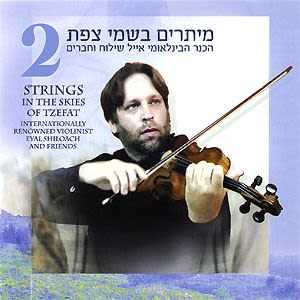
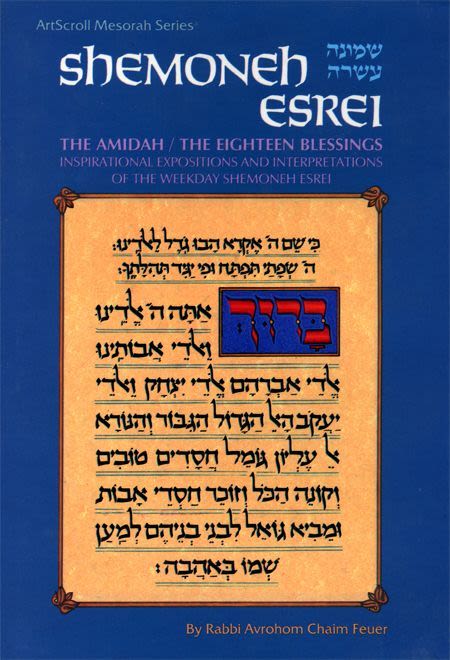
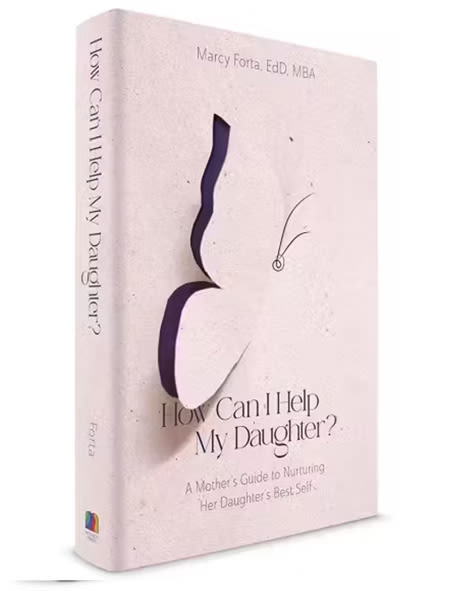
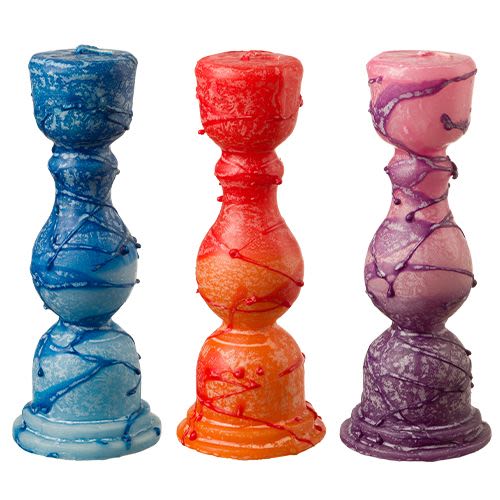
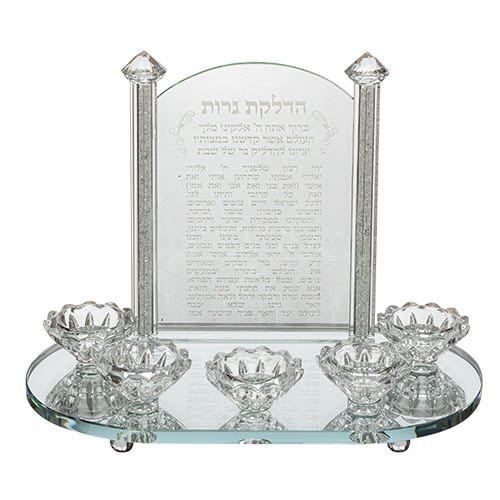
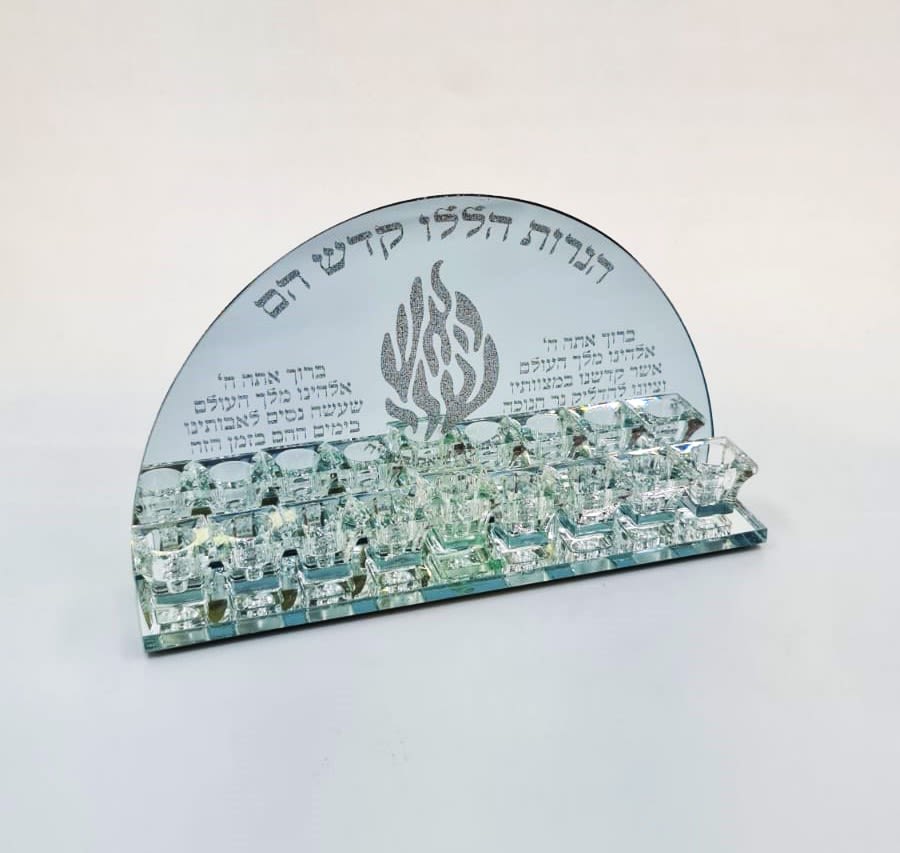
Tell us what you think!
Thank you for your comment!
It will be published after approval by the Editor.